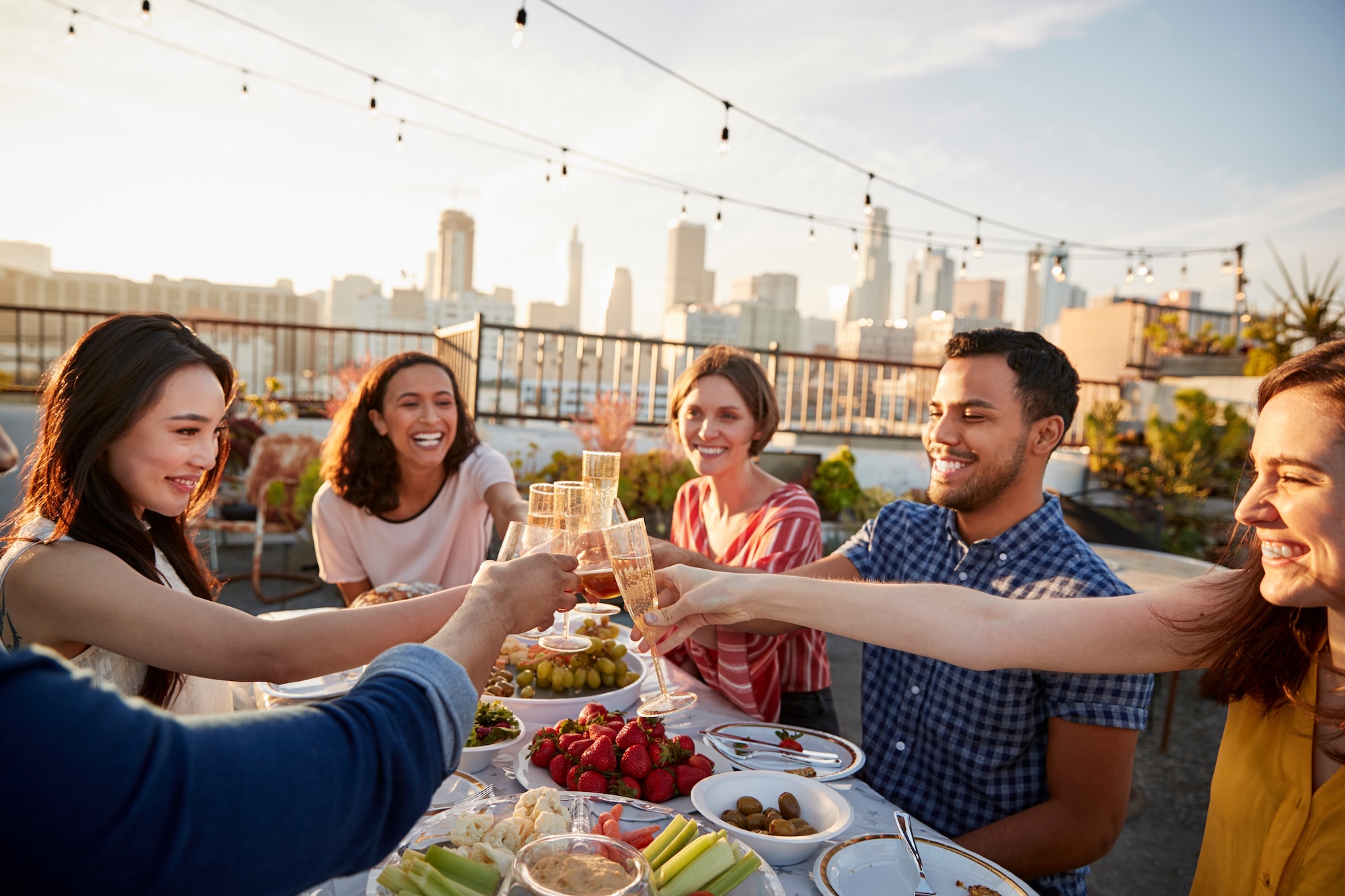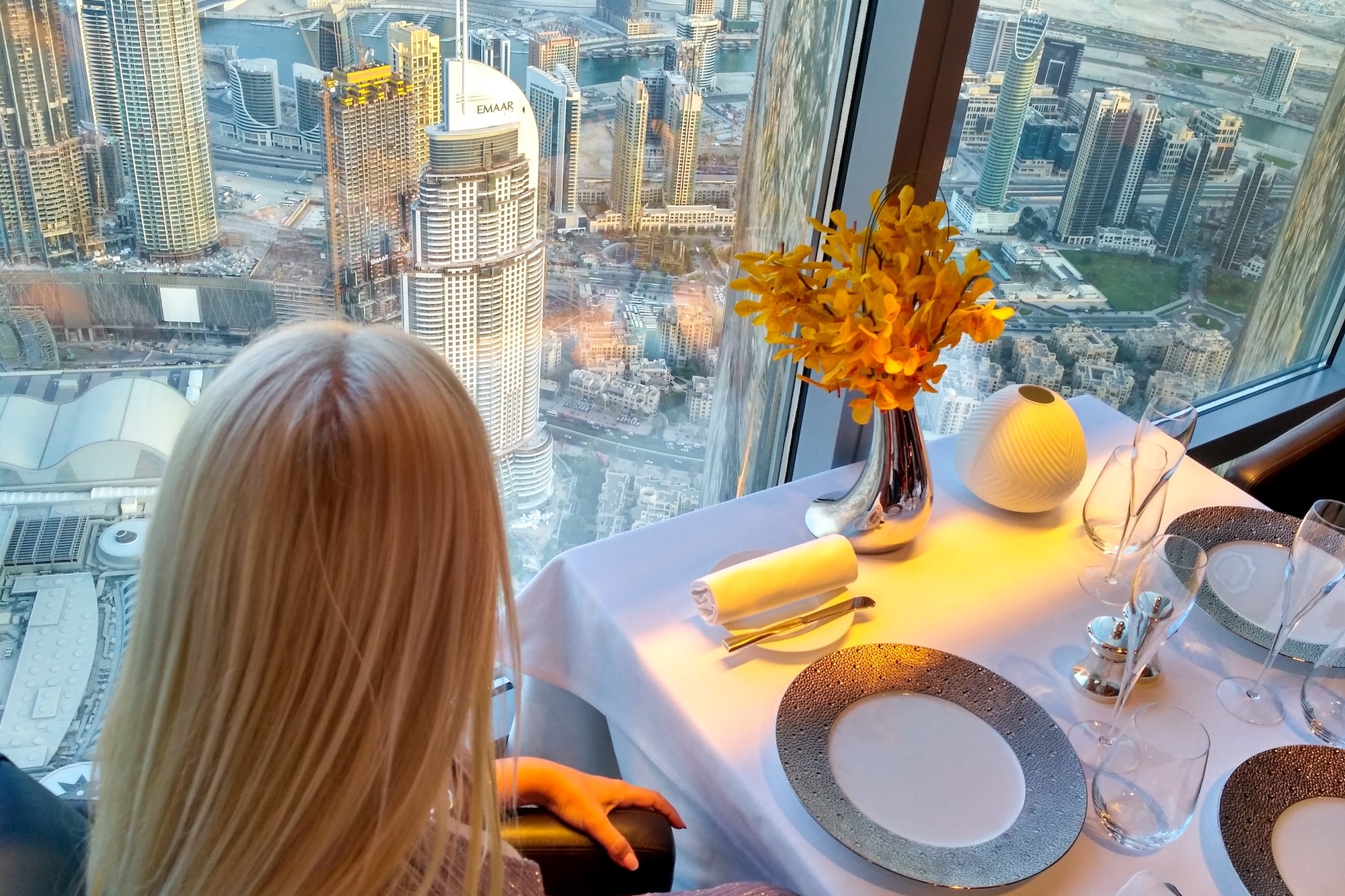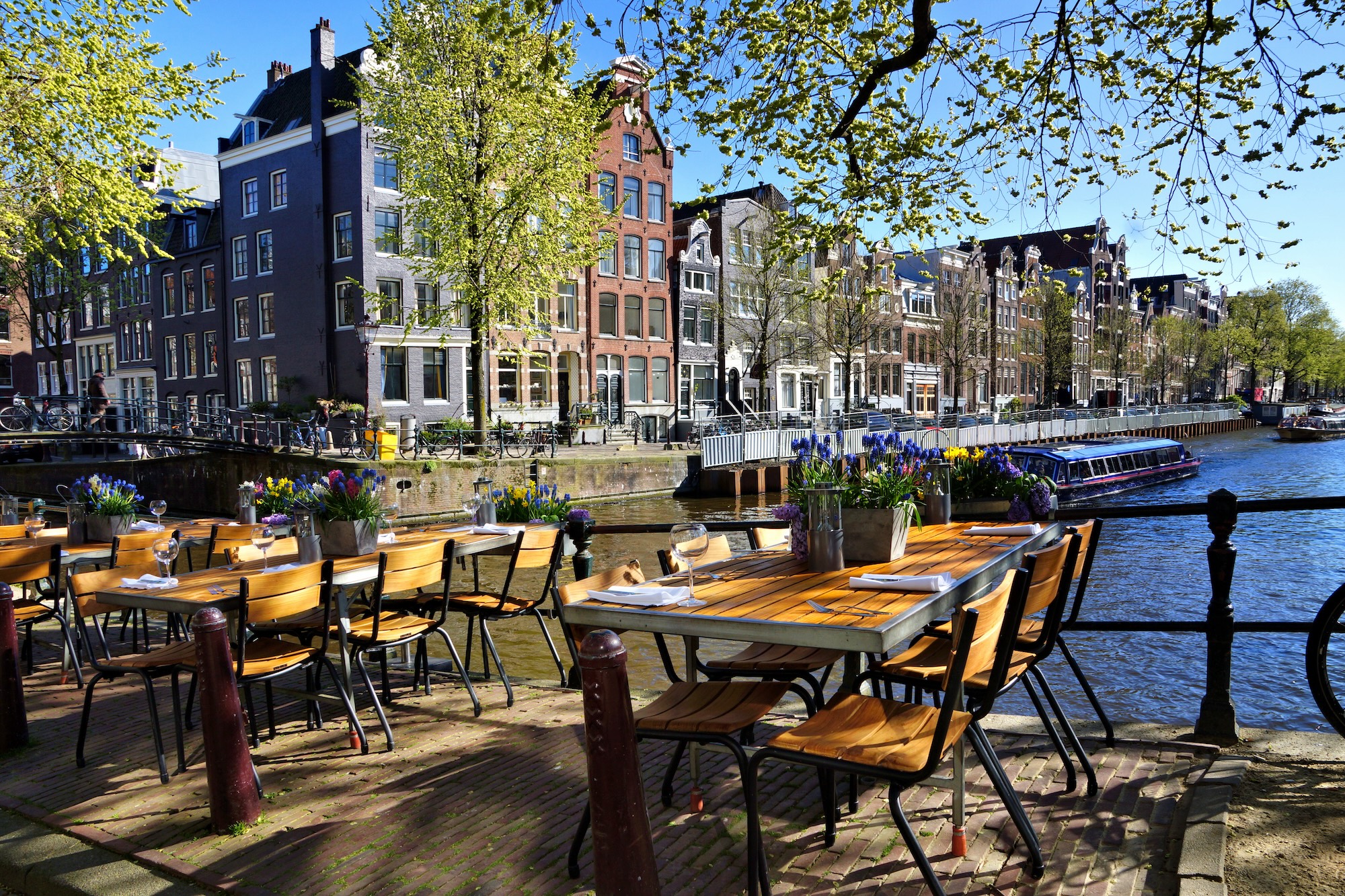10 Tips for Dining in Istanbul: A Guide to Savoring the City’s Culinary Delights
Istanbul’s food scene is as vibrant and diverse as the city itself. From bustling street food stalls to elegant restaurants offering panoramic views of the Bosphorus, dining in Istanbul is an unforgettable experience. If you’re planning to explore the city’s rich culinary offerings, here are some tips to help you navigate the flavors, etiquette, and unique dining culture of Istanbul.
1. Try Street Food – It’s Part of the Experience!
Istanbul’s street food is iconic and should be at the top of your list. Vendors are found everywhere, from major squares to tucked-away alleyways. Some must-tries include:
- Simit: A sesame-crusted bread similar to a bagel, often eaten as a snack or breakfast.
- Balık Ekmek: A fish sandwich, usually served from boats along the Galata Bridge or the Golden Horn.
- Köfte: Turkish meatballs, typically served with flatbread or in a sandwich.
- Dondurma: Turkish ice cream, known for its stretchy texture and often served with a playful show by the vendor.
Tip: Street food is generally very affordable and a great way to immerse yourself in local life. Be sure to try a few different items during your trip!
2. Expect a Meal to Be a Social Affair
In Turkey, dining is a social event, and meals are often shared among friends and family. It’s common to order multiple mezes (small appetizers) to share, and each dish is an opportunity to savor different flavors.
Tip: If you’re invited to a local’s home, be sure to try everything offered, and don’t rush—Turkish meals can last for hours with lively conversation and multiple courses. Also, it’s polite to try a little bit of everything.
3. Order Like a Local: Mezze and Kebabs
A traditional Turkish meal typically starts with a selection of mezze—small, flavorful appetizers such as hummus, baba ganoush, stuffed grape leaves, and yogurt-based dips. Follow it up with a main dish, usually featuring grilled meats like kebabs, lamb, or köfte.
Tip: If you’re visiting a lokanta (a casual Turkish restaurant), ordering a few meze and one main dish is the typical way to go. Pair it with a side of pilav (rice) or şiş (grilled meat skewers) for a complete meal.
4. Don’t Miss the Turkish Breakfast (Kahvaltı)
Turkish breakfasts are famous for being elaborate and delicious. A traditional kahvaltı includes a variety of cheeses, olives, honey, tomatoes, cucumbers, eggs, bread, and, of course, Turkish tea. It’s an important meal, often enjoyed leisurely over hours, particularly on weekends.
Tip: If you’re staying at a hotel, consider seeking out a local café for an authentic breakfast experience. Many places offer extensive breakfast spreads, where you can sample a variety of dishes at once.
5. Turkish Tea and Coffee – Sip Slowly, Enjoy the Moment
Turkish tea (çay) is an integral part of daily life, and you’ll find it served in small tulip-shaped glasses throughout the day. It’s typically consumed without milk and enjoyed with sweets or pastries.
Turkish coffee is equally iconic and is known for its strong, rich flavor. It’s served in small cups, often accompanied by a glass of water and a piece of Turkish delight (lokum).
Tip: When enjoying Turkish coffee, allow the grounds to settle at the bottom of the cup before drinking. If you’re interested, many cafés offer “fortune-telling” services, where a barista interprets the patterns left by the coffee grounds!
6. Know the Etiquette: Punctuality and Generosity
While Turkish people are known for their hospitality, there are a few dining etiquettes to keep in mind:
- Punctuality: Being on time for a meal is appreciated, but it’s common to start a little later than the stated time, especially for evening meals.
- Generosity: If you’re invited to a Turkish home, it’s customary to accept an offer of food or drink. Hosts take pride in offering their guests more than enough food, so don’t be surprised by the abundance on your table!
Tip: If you’re not sure how much to eat, follow the lead of your host or other diners. When it comes to desserts, it’s considered polite to accept at least a small portion.
7. Water Is Not Always Free
In many restaurants, especially the more touristy spots, bottled water is often served as part of the meal, and there may be a charge for it. Tap water is generally safe to drink, but it’s always a good idea to ask for bottled water if you’re unsure.
Tip: Always ask for tap water if you want to avoid paying for bottled water. Also, if you’re dining at a high-end restaurant, the water charge may be separate from the meal cost, so be aware of that when reviewing the bill.
8. Tipping Is Appreciated, but Not Always Expected
Tipping is appreciated in Istanbul but not obligatory. In casual eateries, tipping around 5-10% is customary, though many locals round up the bill or leave small change. In upscale restaurants, a tip of 10-15% is more common.
Tip: If the service is exceptional, feel free to leave a larger tip. In many smaller, family-run restaurants, the staff may be pleasantly surprised by your generosity.
9. Explore the Variety of Regional Cuisines
Istanbul’s culinary scene reflects the diverse regions of Turkey. Be sure to explore dishes from different parts of the country, like mantı (Turkish dumplings) from the Central Anatolia region, or künefe (a sweet dessert) from Hatay.
Tip: If you’re looking to branch out from the usual kebab fare, try visiting a regional restaurant that specializes in a specific type of Turkish cuisine. The variety will surprise you!
10. Vegetarian-Friendly Options
Turkish cuisine offers a wealth of vegetarian-friendly dishes, such as falafel, imam bayıldı (stuffed eggplant), çörek (savory pastries), and fresh vegetable mezes.
Tip: If you’re a vegetarian, don’t hesitate to ask for a meat-free version of any dish, as Turkish chefs are often happy to accommodate dietary preferences.
Final Thoughts
Dining in Istanbul is more than just about food—it’s an experience steeped in tradition, flavor, and warmth. Whether you’re grabbing a quick bite at a street stall or savoring a multi-course feast, Istanbul’s culinary scene will captivate you. Just remember to eat like a local, embrace the social nature of meals, and enjoy every delicious moment in this vibrant city!












